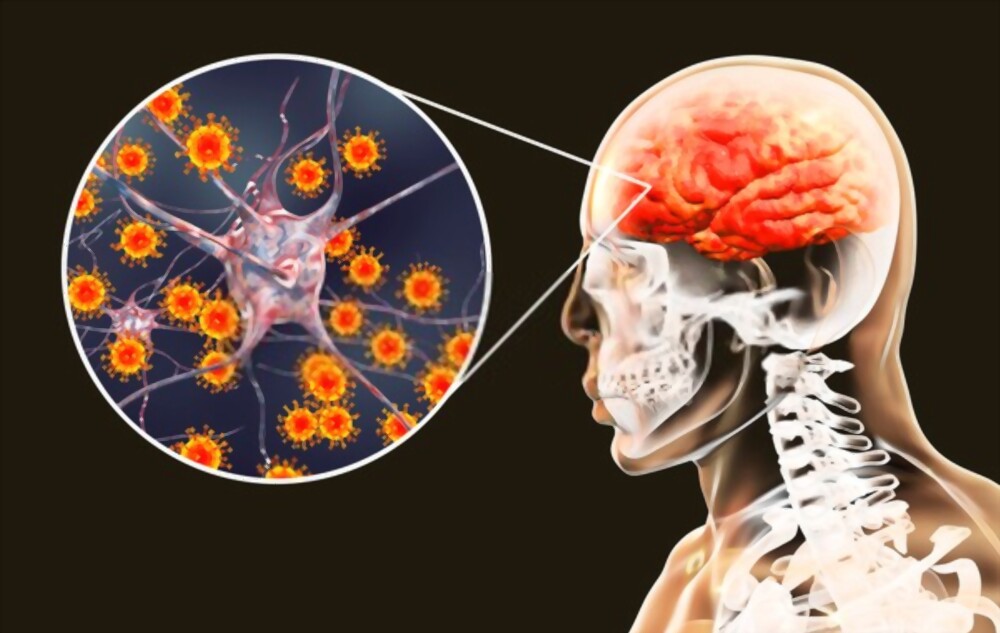The Japanese Encephalitis virus exists in a transmission cycle between mosquitoes, pigs and water birds, however it can infect horses, donkeys and humans and cause severe disease, even death in some cases.
Authorities were alarmed when signs of infection with the Japanese encephalitis virus were detected and verified in piggeries in Victoria, Queensland and New South Wales in February 2022, and later in South Australia. Then early in March, the first human cases were identified, followed by the tragic news of three fatal Japanese encephalitis cases. The Commonwealth Government issued a health alert (1) on March 31, 2022, regarding the Japanese Encephalitis virus outbreak.
Where is Japanese Encephalitis Most Common?
The disease is endemic in rural regions of Asia and the Torres Strait, although through increased urbanisation, cases are being reported more often in peri-urban and urban areas. The detection of the Japanese Encephalitis (JE) virus was generally a rare event in Australia and it has never been detected in the far south, but its recent appearance has led to the deaths of three people, one each in NSW, SA and Vic from more than 30 cases.
Travelvax Australia aims to ensure that travellers are healthy and informed, with the knowledge, vaccinations and medical supplies that will keep them safe from Japanese Encephalitis and other diseases while travelling both in Australia and during their time overseas.
What is Japanese Encephalitis Virus?
Japanese encephalitis (JE) is a severe, notifiable disease caused by the JE virus, which is carried by Culex mosquitoes. The disease is spread through the bites of infected mosquitoes and both animals and humans are susceptible, however animals cannot transmit the virus to humans, and it is not spread by eating the meat of infected animals.
Australian government health authorities are monitoring the developing Japanese encephalitis virus outbreak and have declared it a Communicable Disease Incident of National Significance (1). Their advice is to avoid mosquito bites by staying indoors at dawn and dusk, and if you must go out at those times, use insect repellent and wear clothes that cover as much skin as possible.
At Travelvax, our essential services include:
- Up-to-date travel information (overseas or in Australia), recommendations and advice
- Pre-travel health check and consultation
- Vaccinations and medications
- First aid kits and other travel items such as mosquito nets, repellent
- Post-travel checkups for those returning home
What Happens if You Get Japanese Encephalitis?
The Japanese Encephalitis virus can cause a rare but serious brain infection, however in most cases the symptoms produced are imperceptible, with less than one percent experiencing a severe outcome. The disease begins as a flu-like illness with headache, fever and gastrointestinal symptoms; confusion and disturbances in behaviour may also occur at this early stage. A rash has not been recorded as a typical symptom.
Seek medical treatment if you have any of these symptoms, particularly if you have visited any of the declared risk areas.
The signs and symptoms of Japanese Encephalitis virus in severe infections include disorientation, neck stiffness, tremors, seizures (more common in children under 10 years of age) and coma. Severe infections can prove fatal in 5 to 30 percent of cases, while others may be left with neurological deficits or no aftereffects at all.
Japanese Encephalitis Symptoms and Treatment
Japanese Encephalitis symptoms typically start with the onset of the following:
- sudden fever
- vomiting
- headache
Anyone suffering from these symptoms, especially if they’ve visited southern/western New South Wales, northern and north-west Victoria or along the Murray River and surrounding areas or in SA, should seek medical attention as soon as possible.
While there is no specific treatment for Japanese Encephalitis virus infections, health providers aim to reduce the severity of the symptoms. This may include hospitalisation and medication.
Japanese Encephalitis Symptoms in Toddlers & Babies
The Japanese Encephalitis virus had never been detected in humans in Southern Australian states until recently, and so residents were mostly unaware of the risk of infection - many knew more about Ross River fever and Murray Valley encephalitis (also transmitted by mosquitoes). The fact that Japanese encephalitis was unknown in Australia’s south and east, and the symptoms it can cause in babies, toddlers and children may be mistaken for other diseases, was no comfort for the parents of a baby who contracted the disease in January, before authorities were aware the virus had travelled south.
Baby Sam (four months) from Victoria (3) was hospitalised with severe symptoms and suspected viral meningitis. He underwent a lumbar puncture, followed by a 10-day course of antiviral medication, plus another to treat seizures. While Sam was receiving treatment in ICU, testing confirmed Japanese Encephalitis virus disease. He’s now recovering but has lost weight and muscle strength and needs ongoing physiotherapy.
Vaccines, together with avoiding mosquito bites, can prevent Japanese encephalitis disease and they are recommended for people at risk of exposure to the virus. Take the advice of your local health authority in this regard.
Two JEV vaccines are registered for use in Australia:
- Imojev and
- JEspect
At Travelvax we offer these vaccines to people visiting risk areas for Japanese encephalitis virus infection, both in Asia and nearer to home. We offer a convenient, one-stop travel health service tailored to each individual’s needs and itinerary. We treat and assist both individual and corporate travellers and offer an information line 1300 360 164.
Call us today if you’re a traveller or agent, so we can answer all your general travel queries or for a direct connection to our nearest clinic.
References

